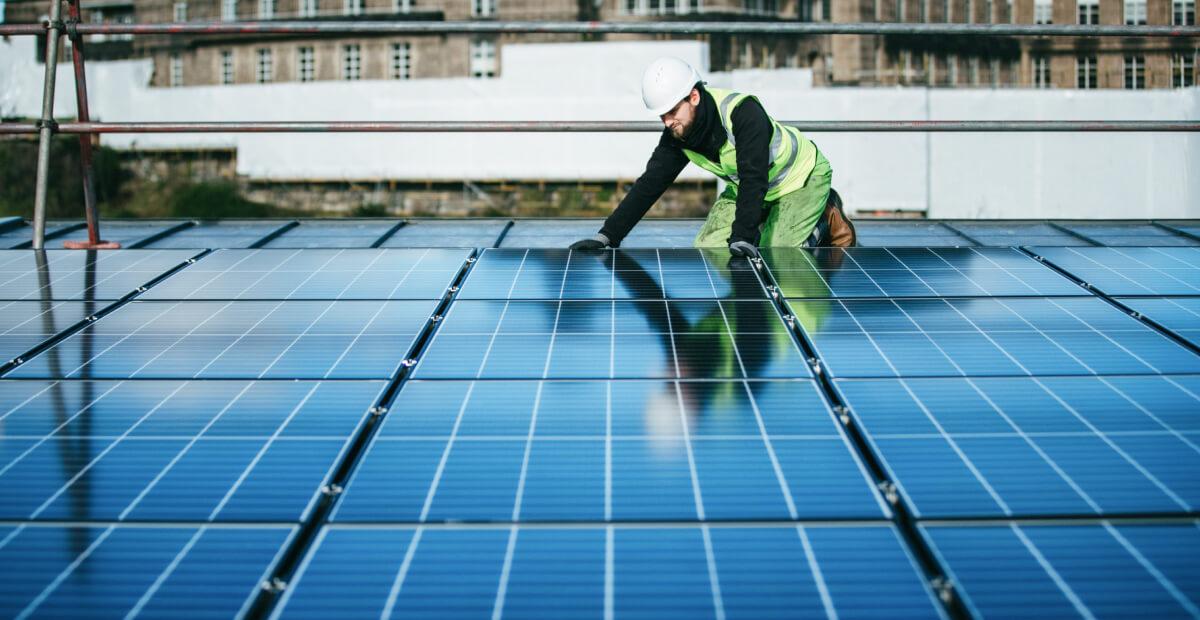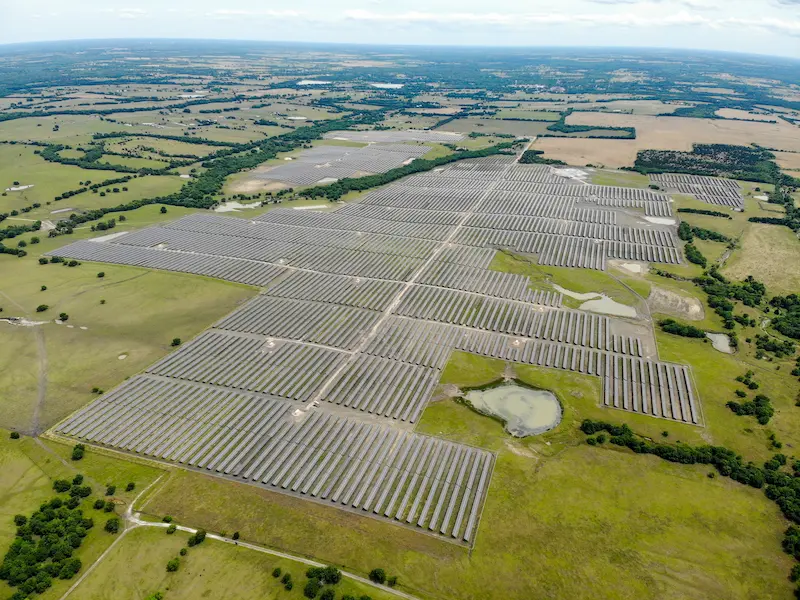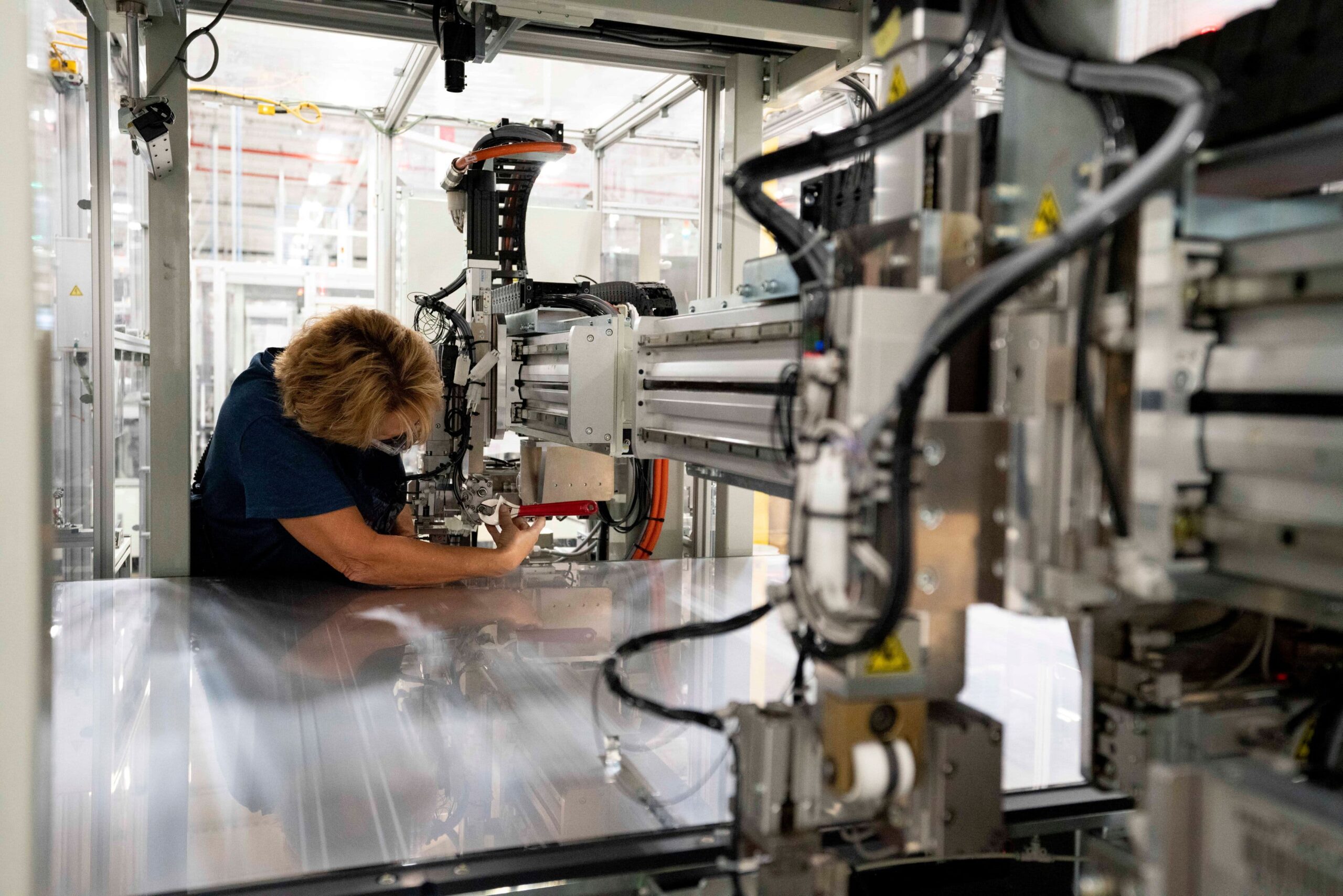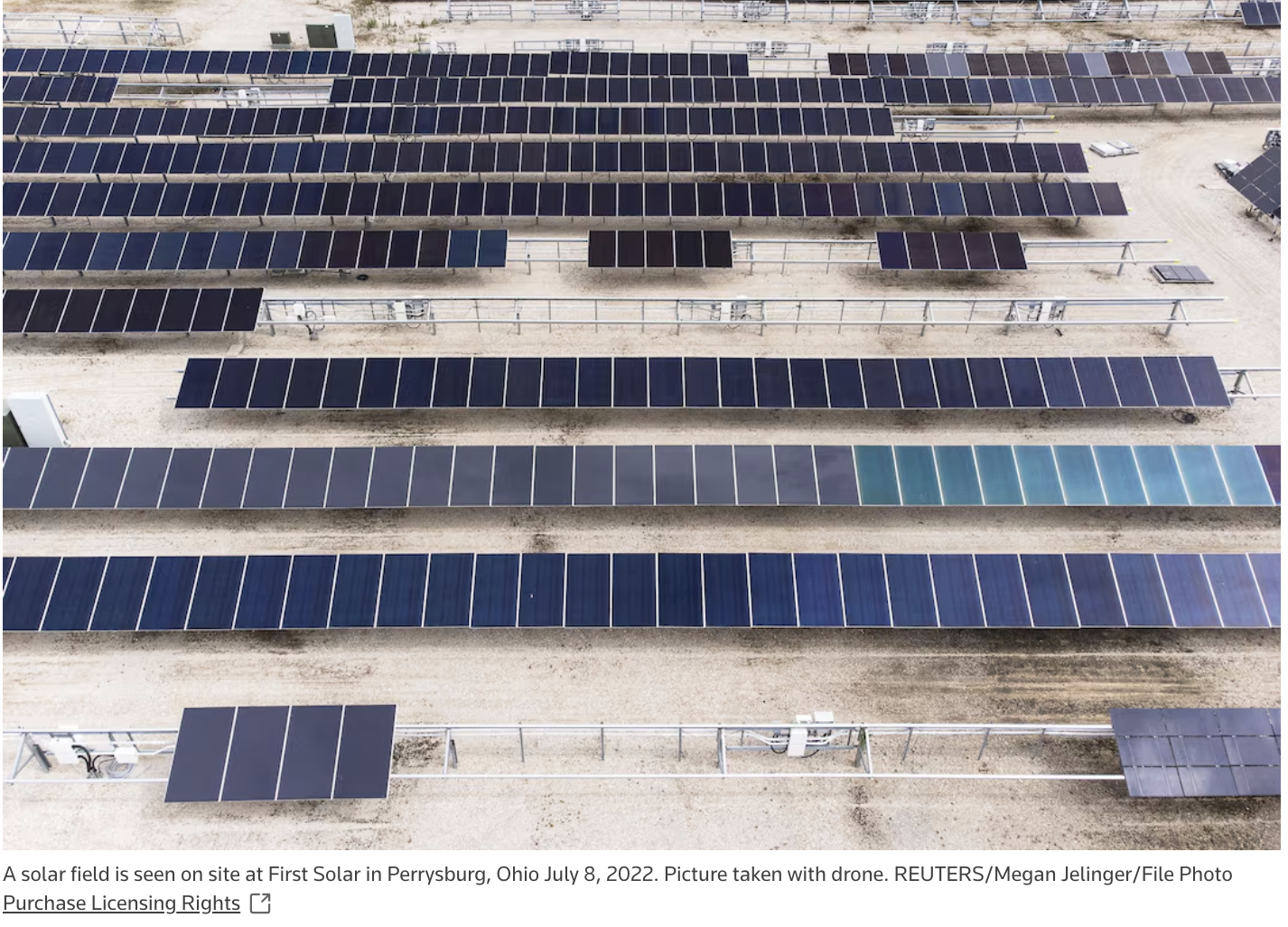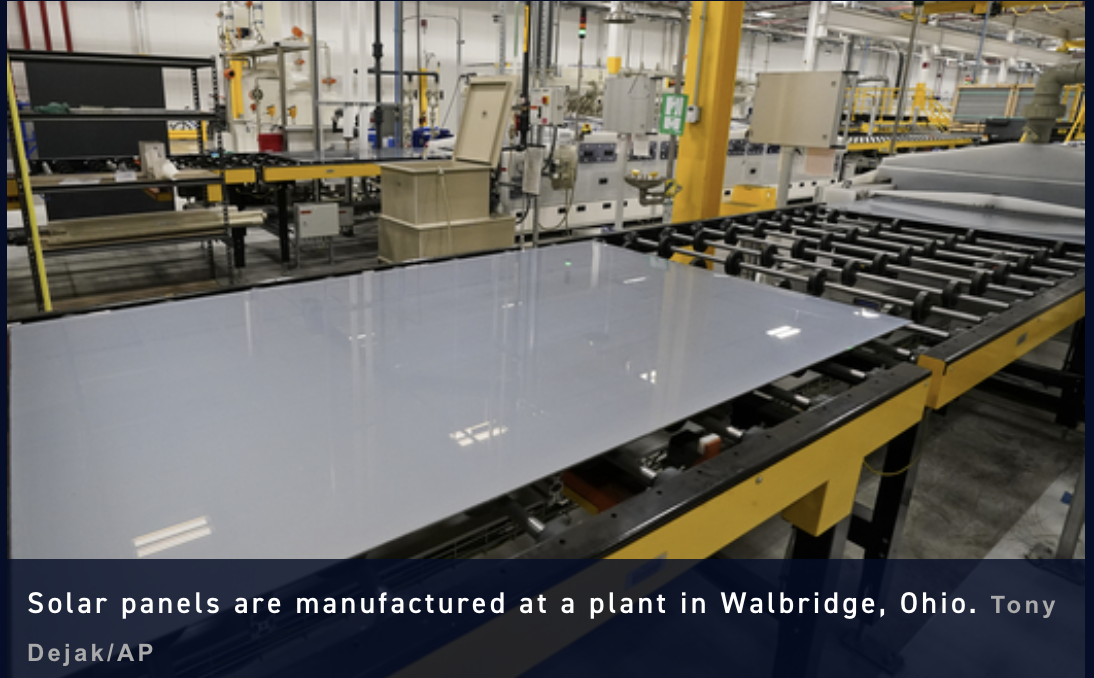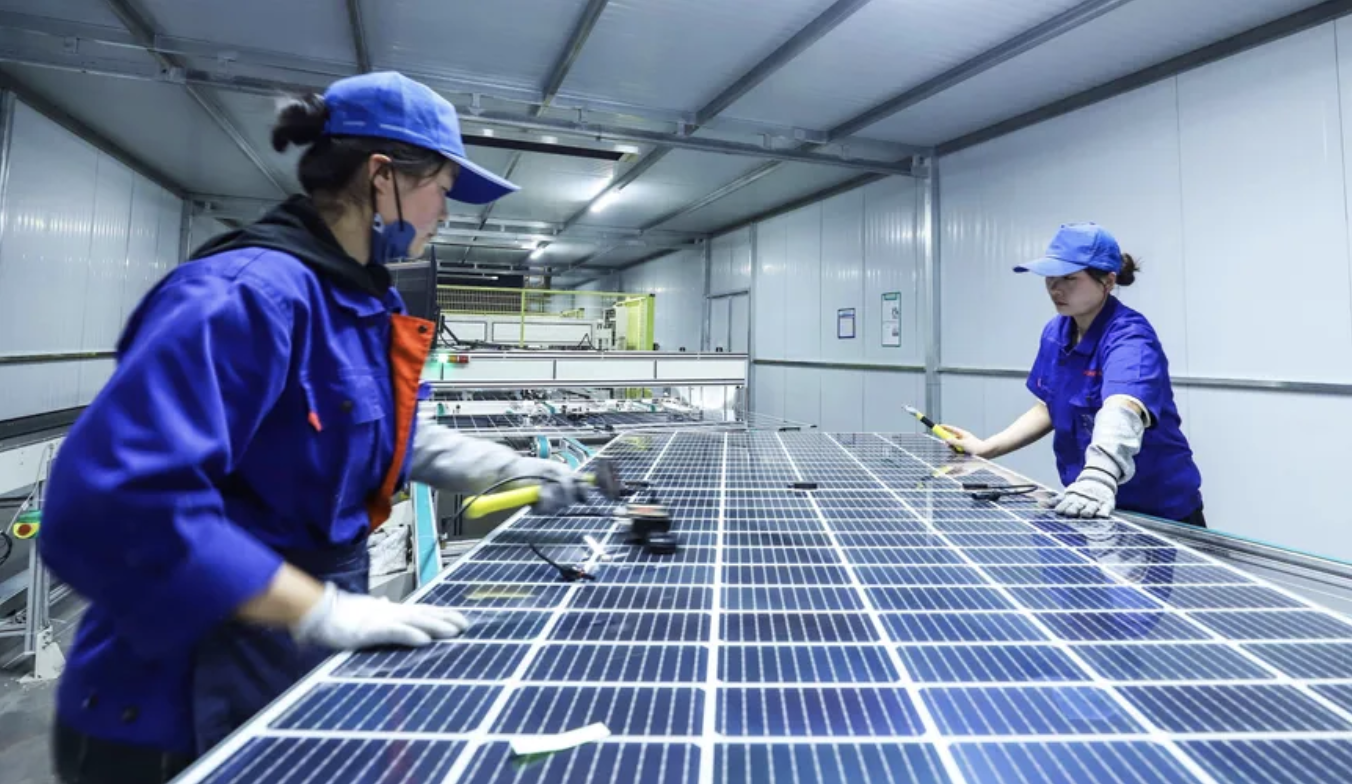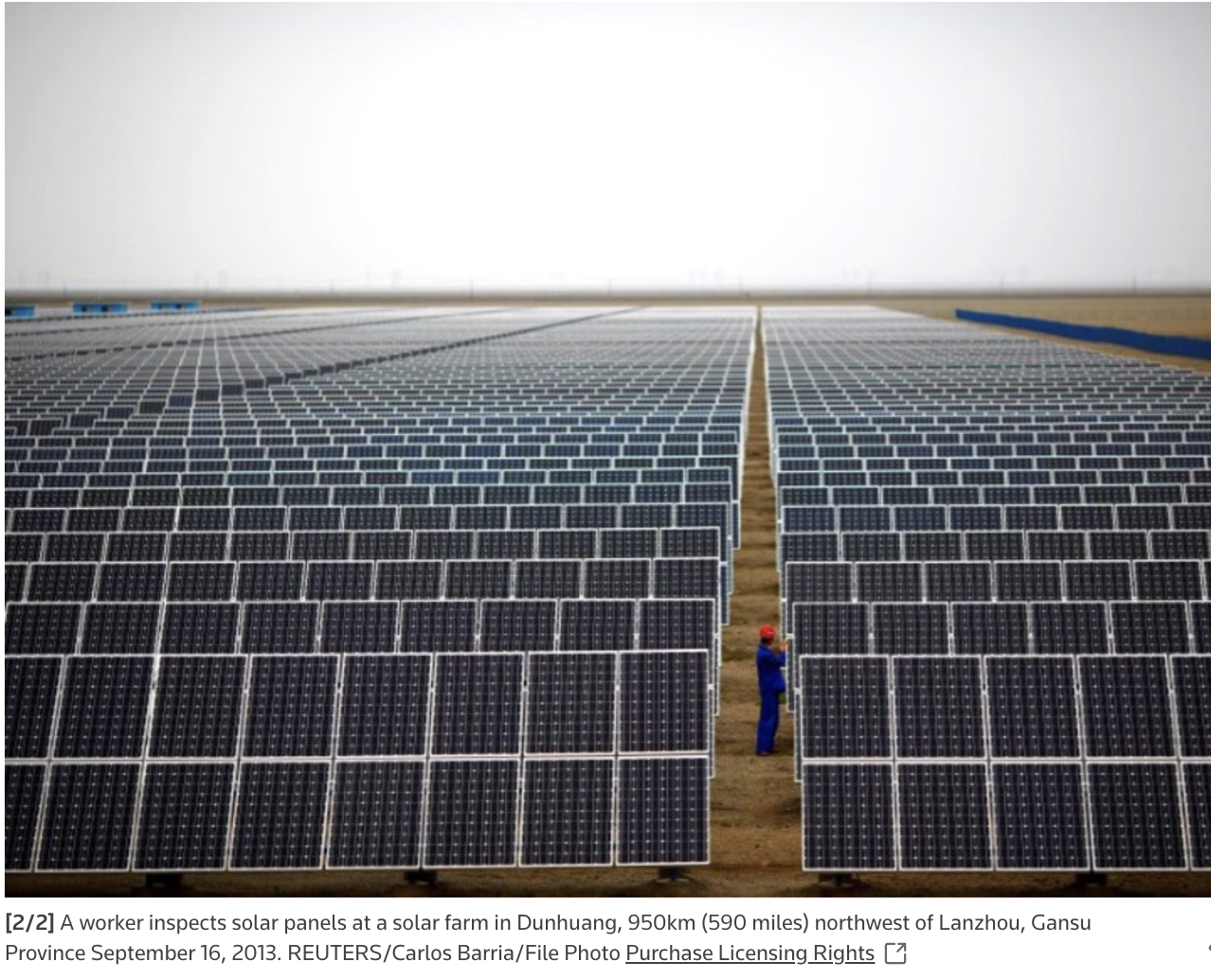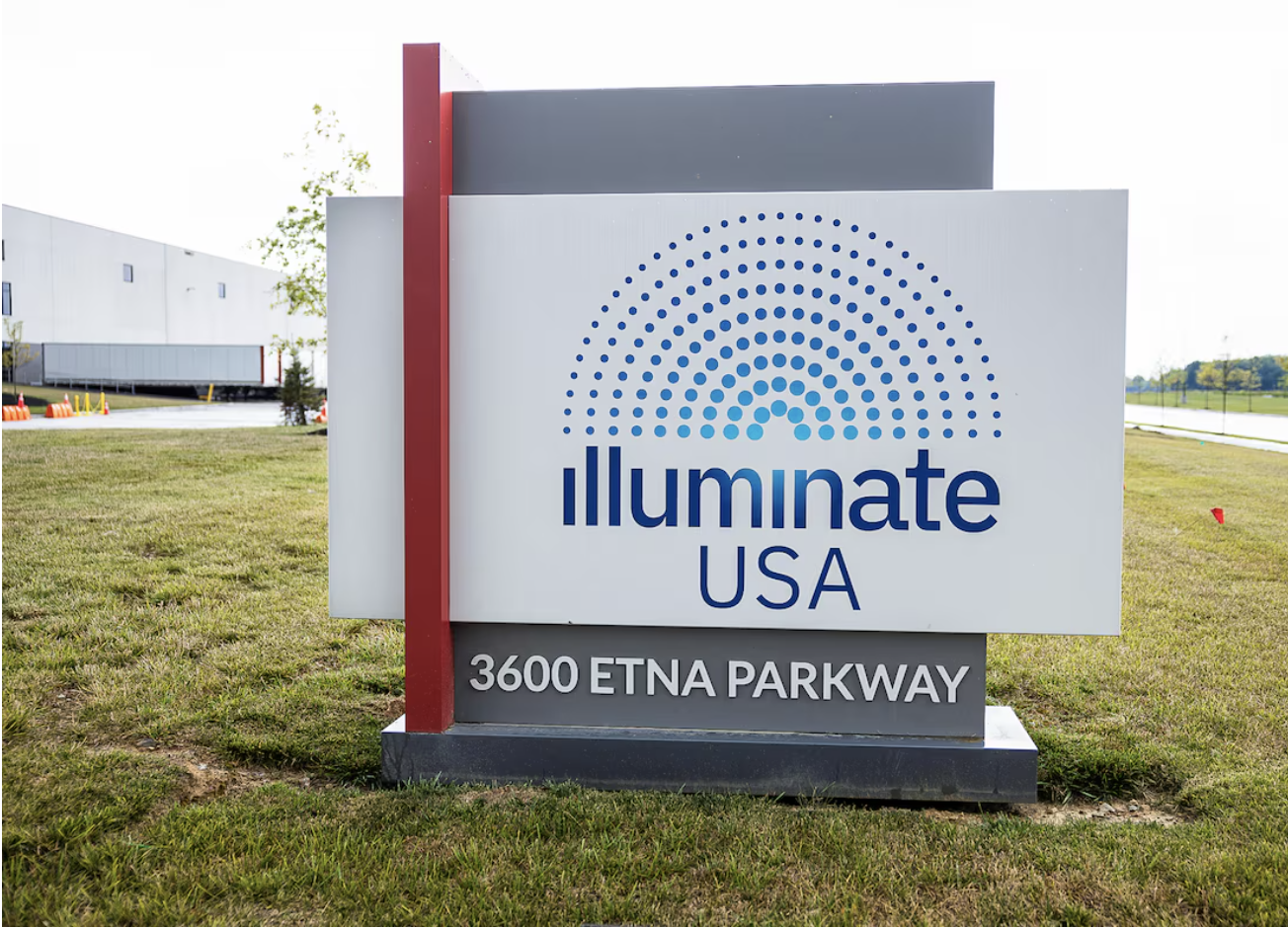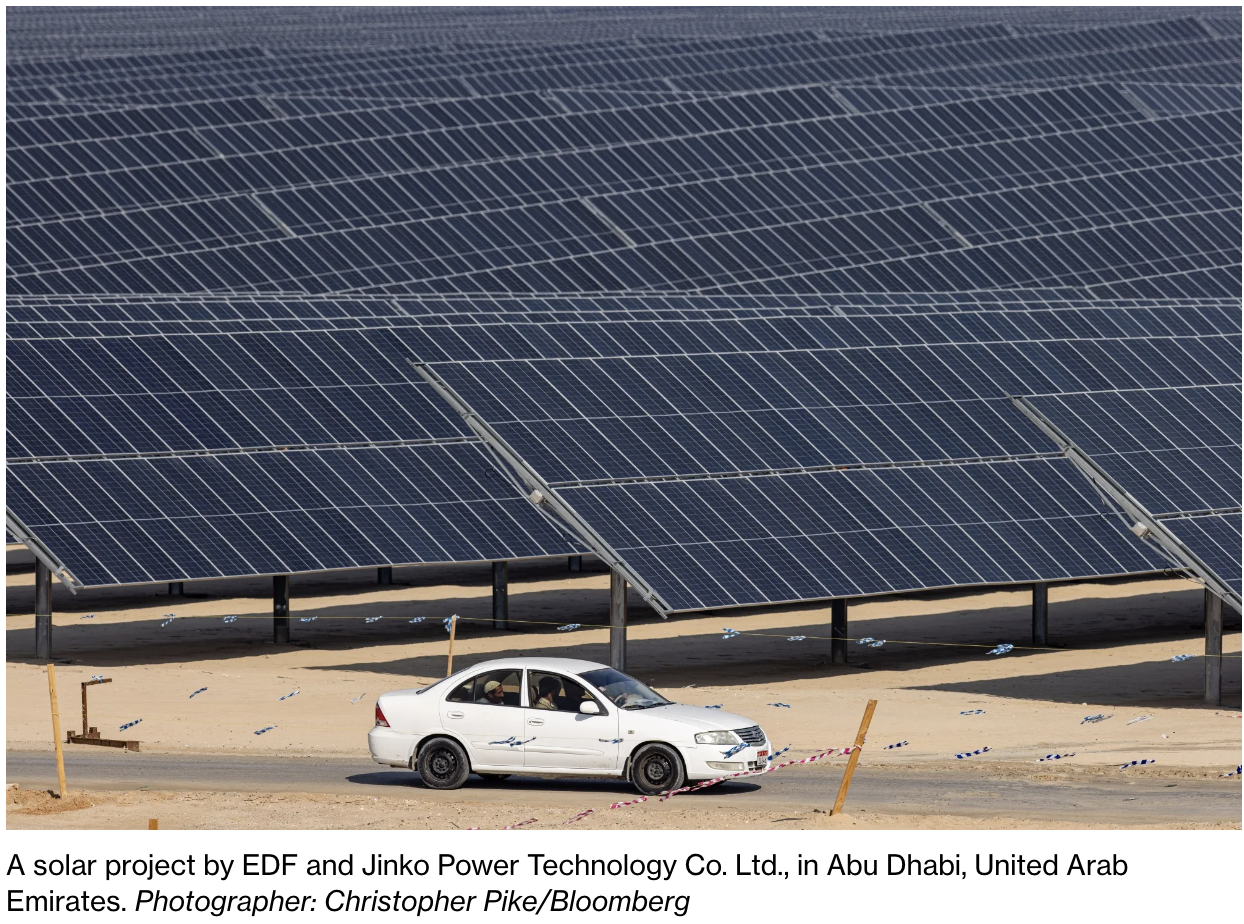
Bloomberg: JinkoSolar sinks as exports to U.S. could see higher anti-subsidy tariff
JinkoSolar (NYSE:JKS) closed -5.6% on Wednesday following a Bloomberg report that solar cells and modules imported into the U.S. from the company’s affiliates in Malaysia could be subject to a higher anti-subsidy duty due to an alleged miscalculation in an ongoing trade investigation.

